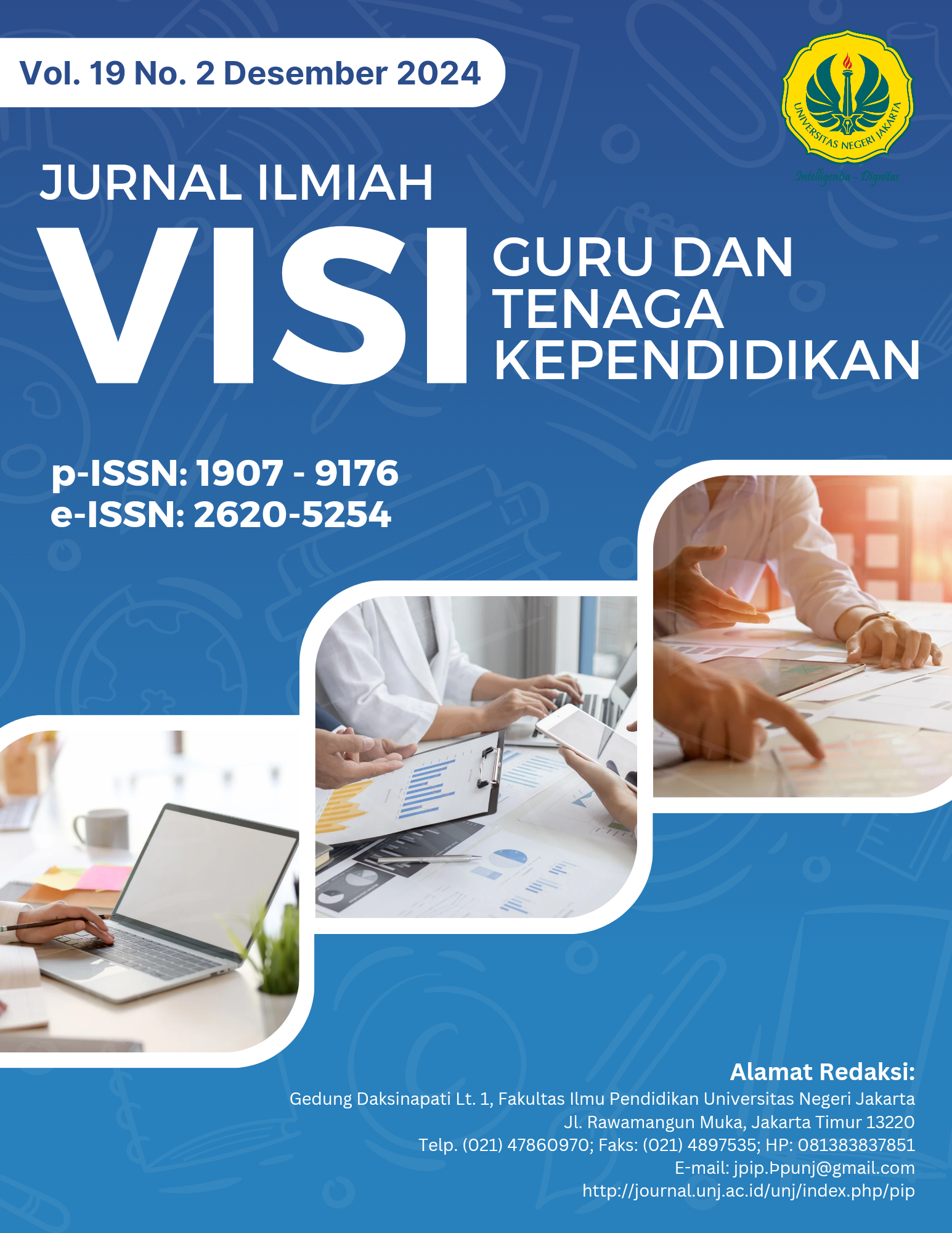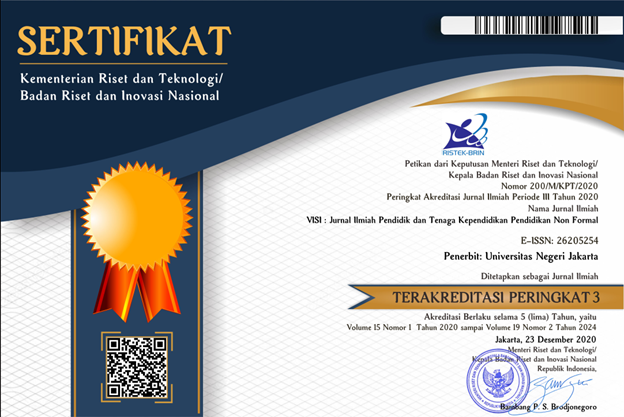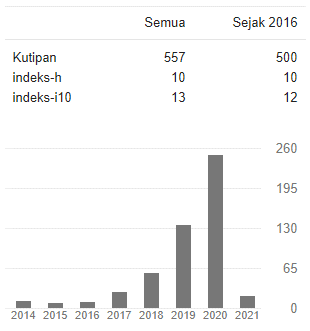The Capacity of Volunteers in The Reproductive Health Education Program For Adolescents in East Jakarta
DOI:
https://doi.org/10.21009/JIV.1902.7Keywords:
Volunteer Training, Training Management, Reproductive HealthAbstract
The training management procedures for PMI volunteers have not been implemented continuously due to the limited resources of this non-profit organization. This study aims to explore the capacity of volunteers after one year of training and task placement in the Reproductive and Sexual Health Program for adolescents. A qualitative approach was used to analyze the volunteers' knowledge and skills, with data collected through interviews and questionnaires involving 26 respondents. The results indicate that the volunteers' overall capacity is adequate to fulfill their roles, supported by commitment, solidarity, and the ability to share experiences. However, competency in handling cases of sexual violence remains inconsistent among volunteers. Volunteers with less than five years of experience tend to provide brief responses when assisting victims of sexual violence. The study recommends implementing regular, continuous training schedules and establishing forums or communities for volunteer experience-sharing. The outcomes of these discussions can serve as the basis for developing case-based guidebooks and FAQ lists. These learning resources are expected to enhance the capacity of new volunteers, ensuring the program's sustainability.
Downloads
Published
How to Cite
Issue
Section
License
Copyright (c) 2024 Elais Retnowati, Retno Dwi Lestari, Anan Sutisna

This work is licensed under a Creative Commons Attribution-NonCommercial-ShareAlike 4.0 International License.
Authors who publish with this Journal agree to the following terms:
- Author retain copyright and grant the journal right of first publication with the work simultaneously licensed under a creative commons attribution licensethat allow others to share the work within an acknowledgement of the work’s authorship and initial publication of this journal.
- Authors are able to enter into separate, additional contractual arrangementfor the non-exclusive distribution of the journal’s published version of the work (e.g. acknowledgement of its initial publication in this journal).
- Authors are permitted and encouraged to post their work online(e.g. in institutional repositories or on their websites) prior to and during the submission process, as it can lead to productive exchanges, as well as earlier and greater citation of published works.
- Users/public use of this website will be licensed to CC BY-NC-SA Creative Commons Attribution-NonCommercial-ShareAlike 4.0 International License









